Sometimes, what you think is misfortune is actually ‘fortune’, which comes in the garb of misfortune. Only then, you begin to think seriously,
More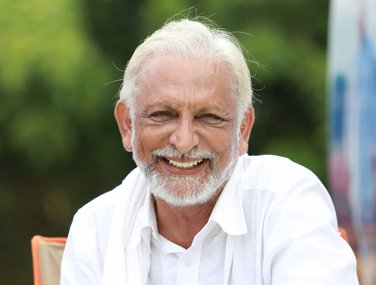

Sometimes, what you think is misfortune is actually ‘fortune’, which comes in the garb of misfortune. Only then, you begin to think seriously,
More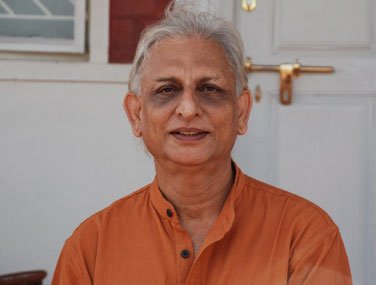
The movement is from the unreal to the Real. For that, as mentioned in the Viveka Chudamani and other ancient texts like the Upanishads and Gita,
More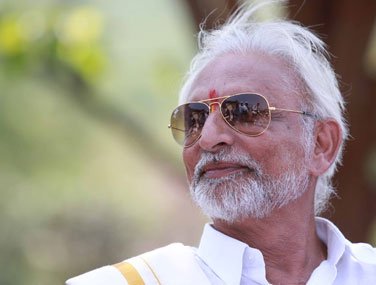
Vedanta also says that the real substance of the universe is the same everywhere—within you and outside you. And that substance cannot even be
More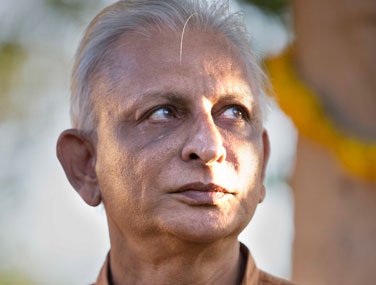
Vedanta says: “Yes, the object exists, of course, but it may not be a cube or a globe or a cone or a rectangle or what you think it is because
More
We have not changed. You see, the way of doing things has been polished and perfected. This is what intellectual life has taken us to.
More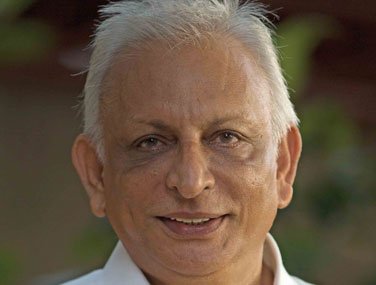
For a spiritual search, you need not belong to any particular sect. It is an individual and personal effort. There is no need to be affiliated
More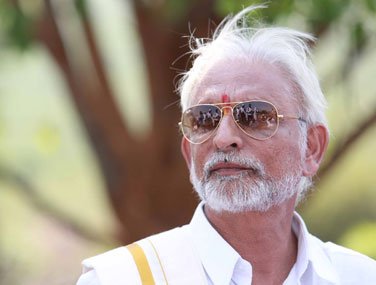
We are like the ocean and all our thoughts are just rising and disappearing into it. This is our primordial state.
More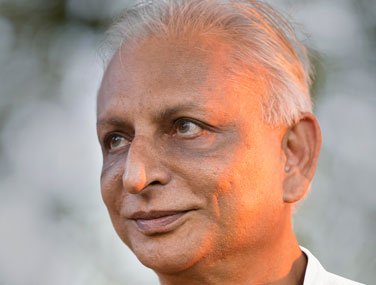
Since ‘It’ is infinite, whatever you seek cannot be confined to anything finite; and therefore, you cannot worship
More
In sleep, you are not even aware of your own existence. If you are not aware of your own existence, then where is your problem?
More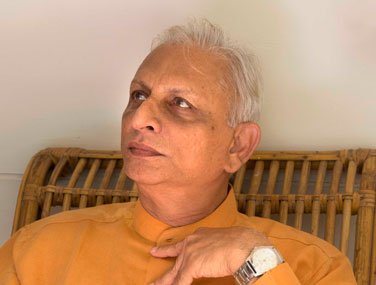
Don’t presume that the spiritual teacher should be like this or that—that ‘If he’s not like this, then he is not a spiritual teacher’.
More
The movement of life, the ever-expanding quality of life is Brahman. The Supreme Reality, which, if you break your illusions and look at freely,
More
All of us are deities. There is not one who is not, whether we realize it or not. This is why when you have touched
More
The ultimate ‘ananda’ which is pursued by the yogis is not just sensory enjoyment. Even the ‘ananda’ of enjoying the body,
More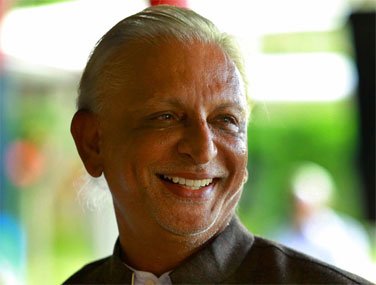
Surrender to the understanding that here is something that cannot be sought and found by the limited mind,
More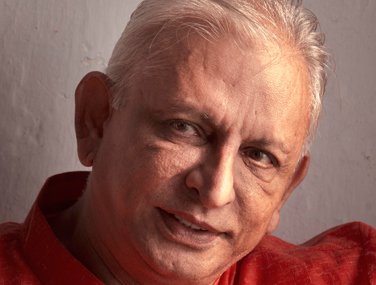
If you think of the thought process, you will realize when one thought is gone there is a gap before the next one
More